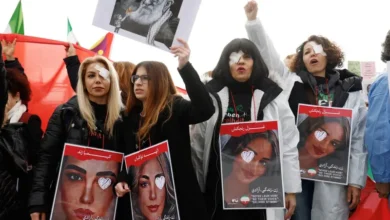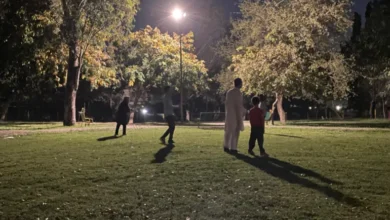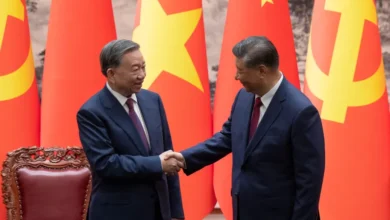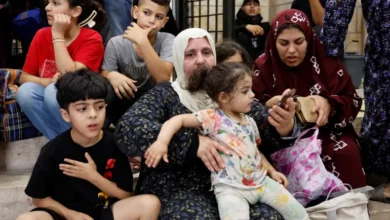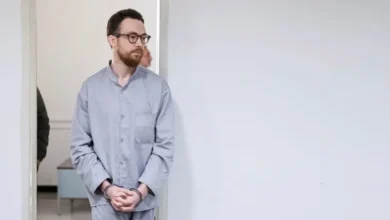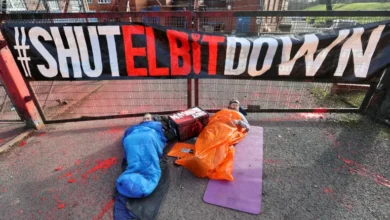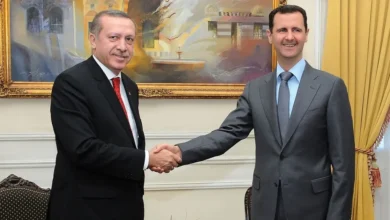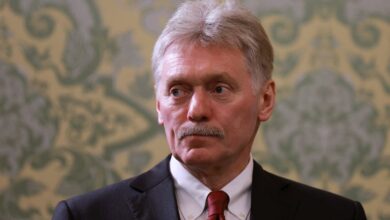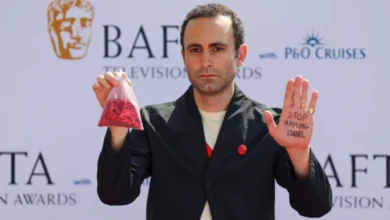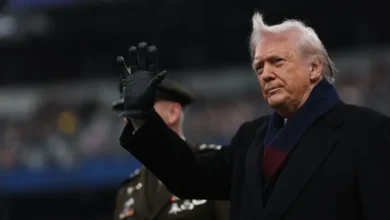Year of the underdog: How ‘outsiders’ upended Latin America’s elections
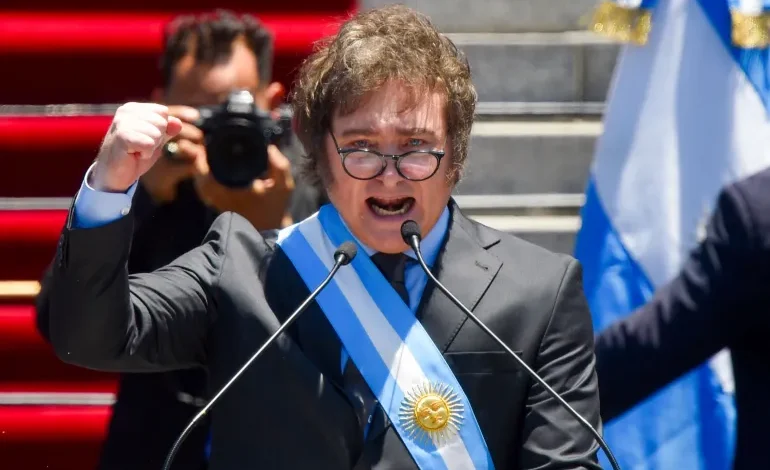
Poverty through the roof. Out-of-control inflation. Overwhelming debt. Javier Milei painted the grimmest of pictures when he delivered his inaugural address as president of Argentina earlier this month.
“There is no money,” he said in a grave voice. “There is no alternative to tightening our belt. There is no alternative to a shock.”
It was not the sort of message you would expect to elicit cheers from a society battered by economic recession. But the roar from the crowd demonstrated the extent to which Milei – a relative newcomer to the world of politics – had succeeded in tapping into voters’ discontent with the status quo.
Milei, a 53-year-old libertarian economist known for his shaggy hair and cloned dogs, was part of a wave of political outsiders who surged into leadership positions in Latin America this year.
Countries across the region saw dark-horse candidates sweep into the presidency in 2023, delivering a rebuke to the political establishment.
In Ecuador, for instance, Daniel Noboa stunned the nation by defeating political veteran Luisa González in an October run-off vote. Like Milei, Noboa, the heir to a banana industry fortune, had only served a single term in public office before his ascent to the presidency.
Guatemala, meanwhile, saw progressive congressman Bernardo Arevalo come from behind to win a landslide in his country’s presidential elections, defeating former First Lady Sandra Torres.
Arevalo had been seen as a long-shot candidate, polling with less than 3 percent support in the lead-up to the first vote. But he sailed to victory on a wave of popular frustration he characterised as a “democratic spring”.
Even in Paraguay, another long-shot, Paraguayo Cubas, made a surprisingly strong showing in the country’s presidential race. Describing himself as an “anti-system” candidate, the far-right leader landed in third place in the final vote.
But Pablo Touzon, an Argentinian political scientist, said “anti-system” might not be the right term for this trend of political outsiders.
“It’s not that they are anti-system. They are the new system,” he said of the slate of new leaders, who span the political spectrum, from left to right.
Touzon traces this crop of political outsiders to a global shift that has been brewing for more than a decade.
He explained that the global economic crash of 2008 and the rise of social media empowered new voices to rail against the status quo, rocking political establishments from Europe to North America to the Middle East.
This period of upheaval in the early 2000s coincided with a commodities boom in Latin America: The price of raw materials and other exports rose, fuelled by demand from countries like China.
That lowered regional inequality slightly, but Touzon warned that Latin America has “yet to find its economic model” – one that will ensure the region’s stability. Instead, economic uncertainty has created the conditions for the current “political rupture”.
